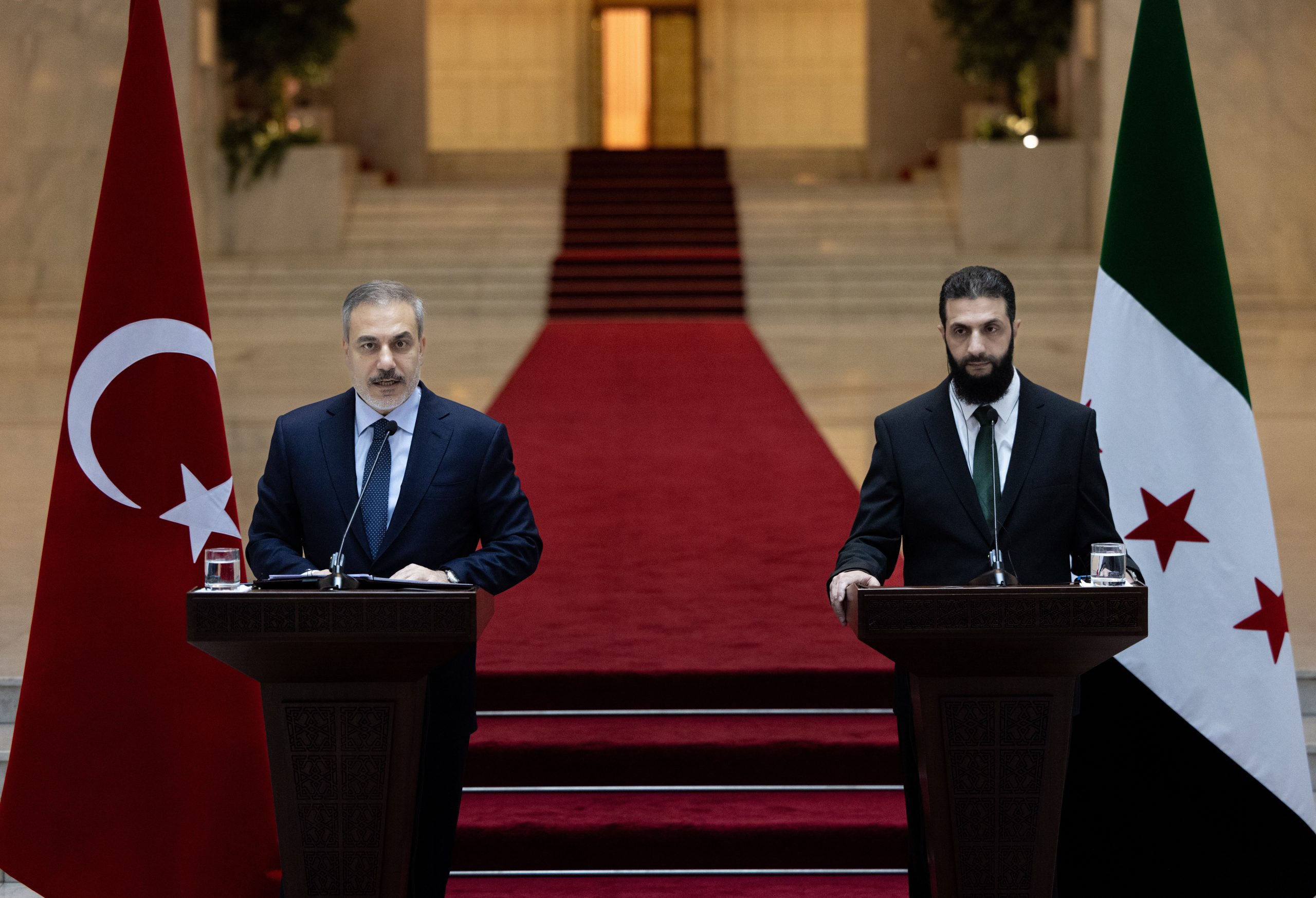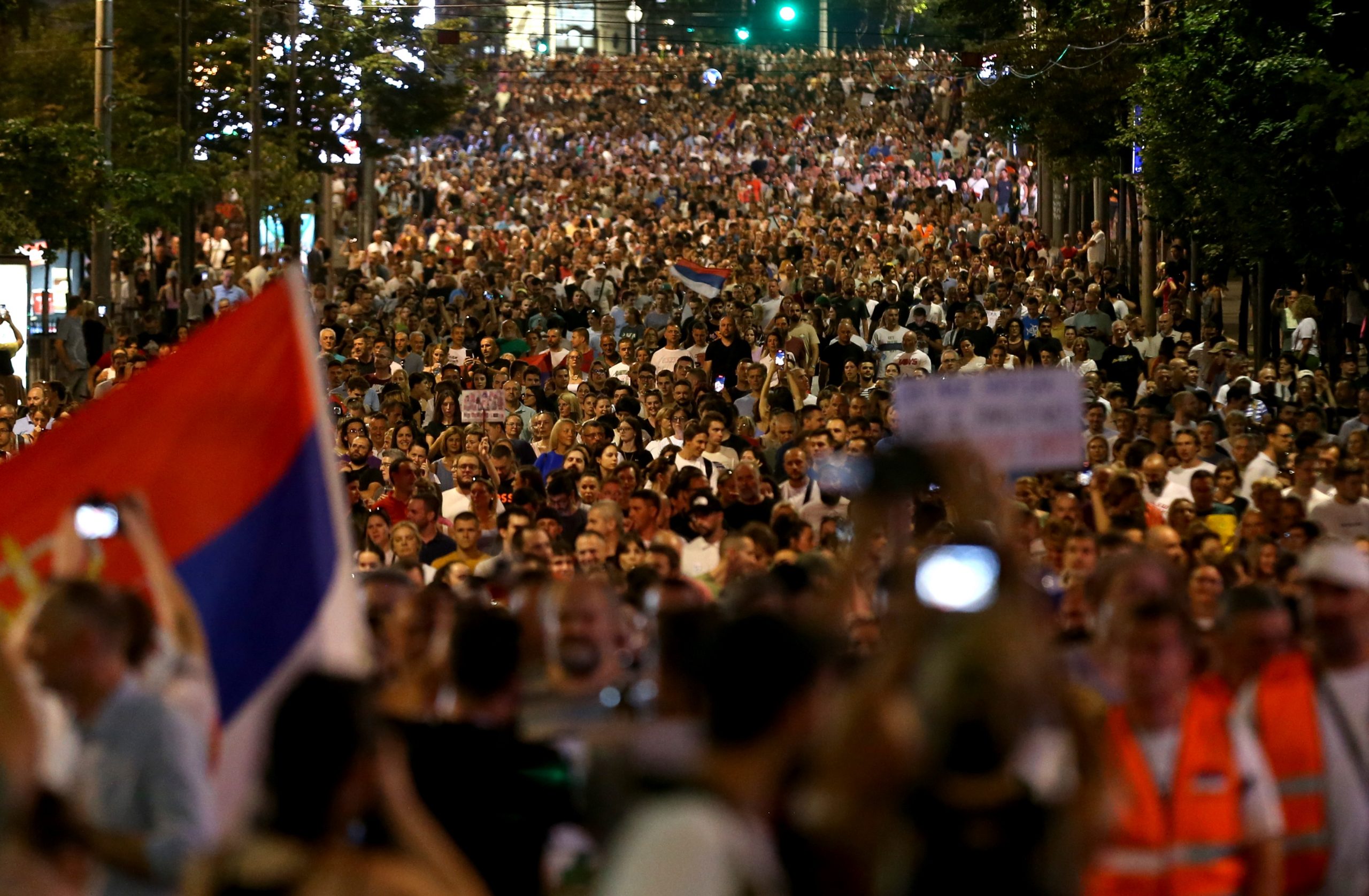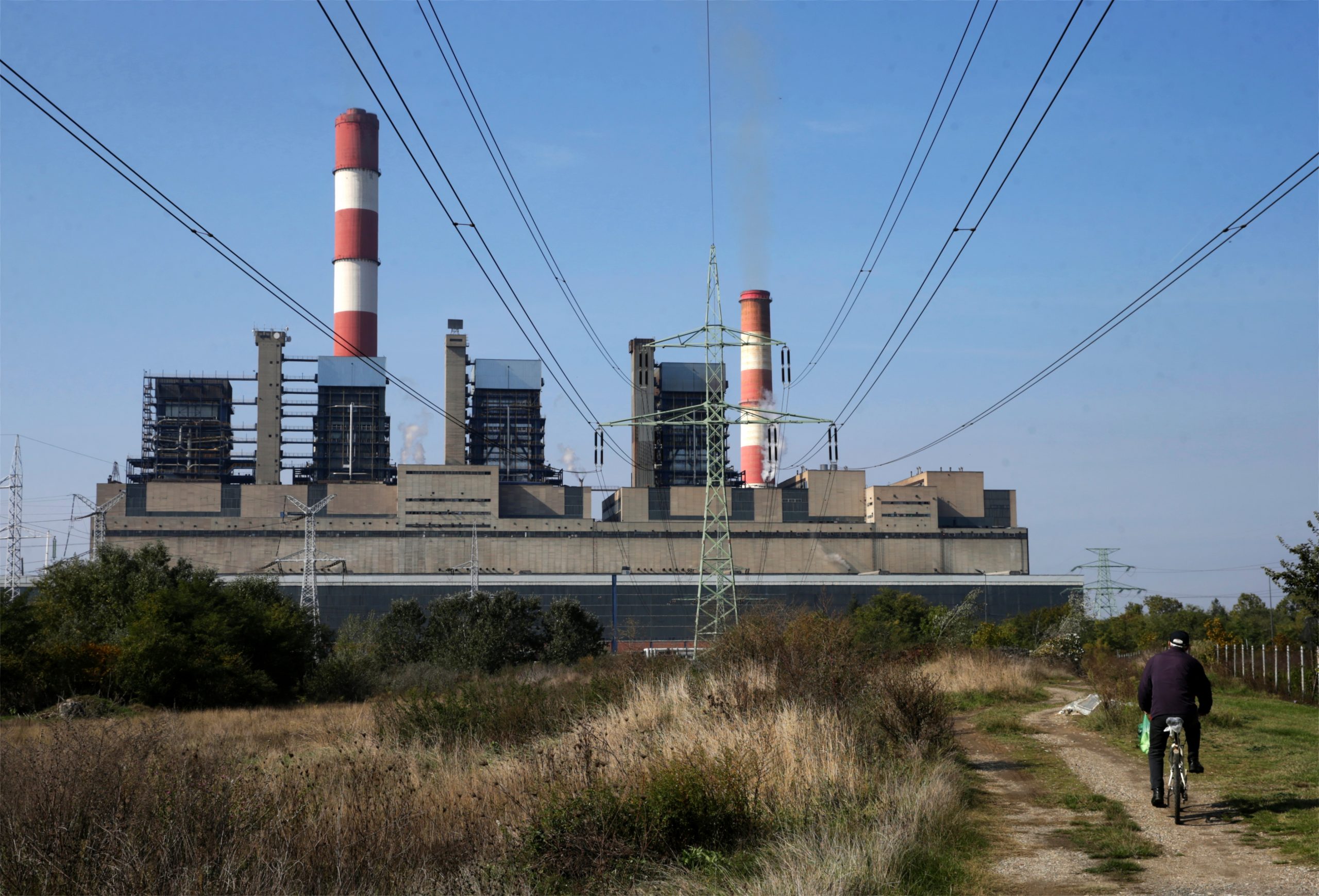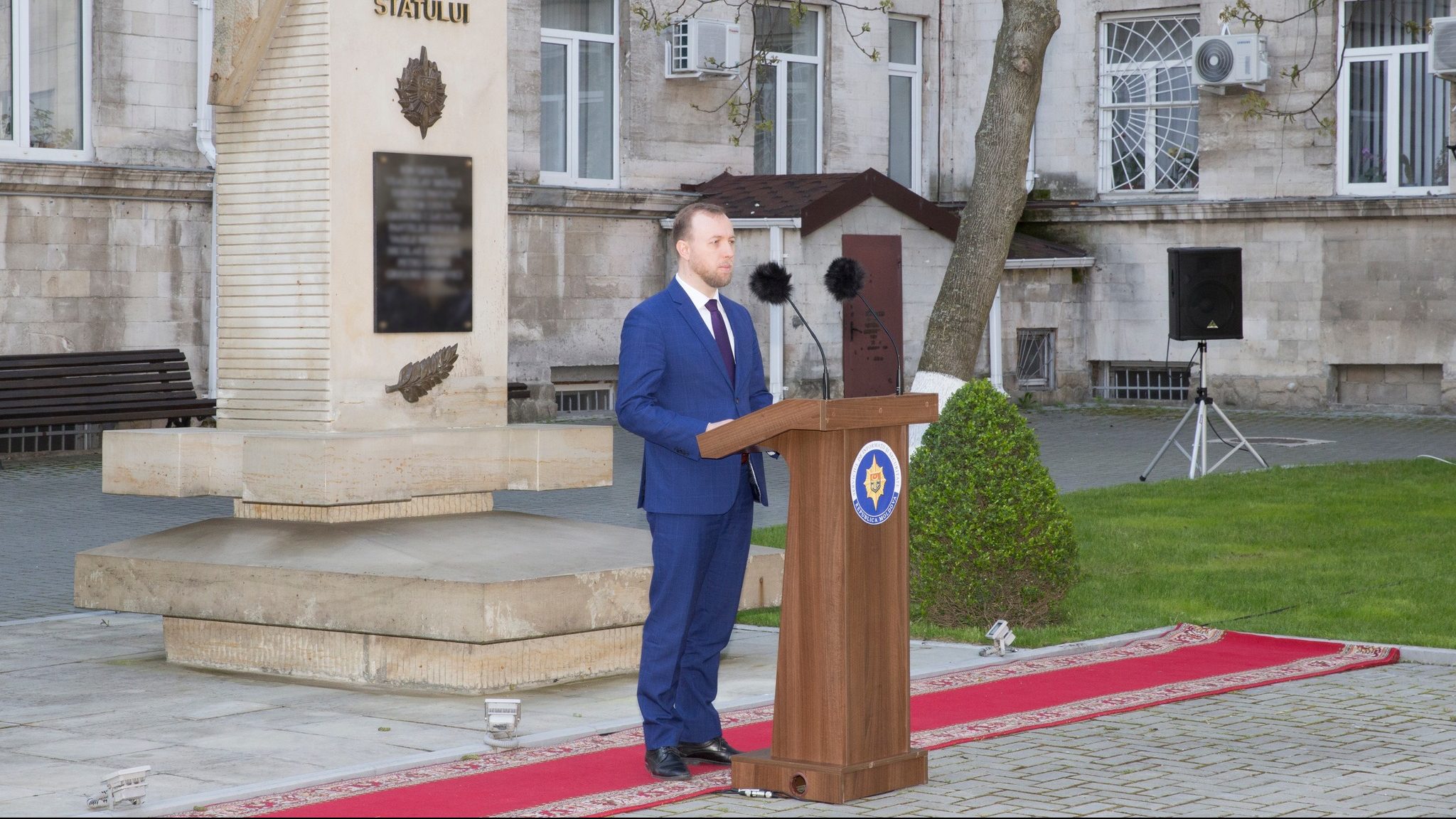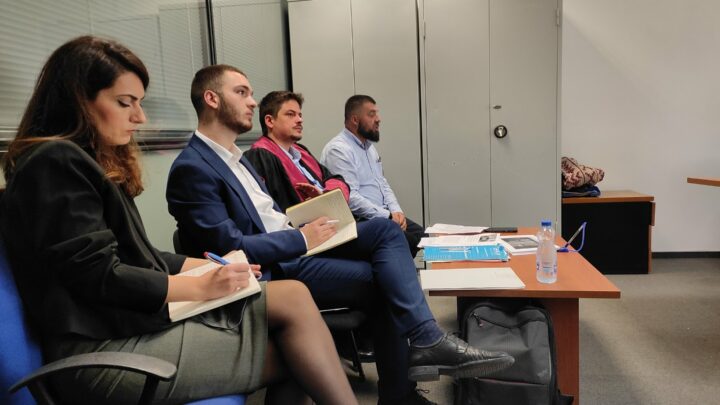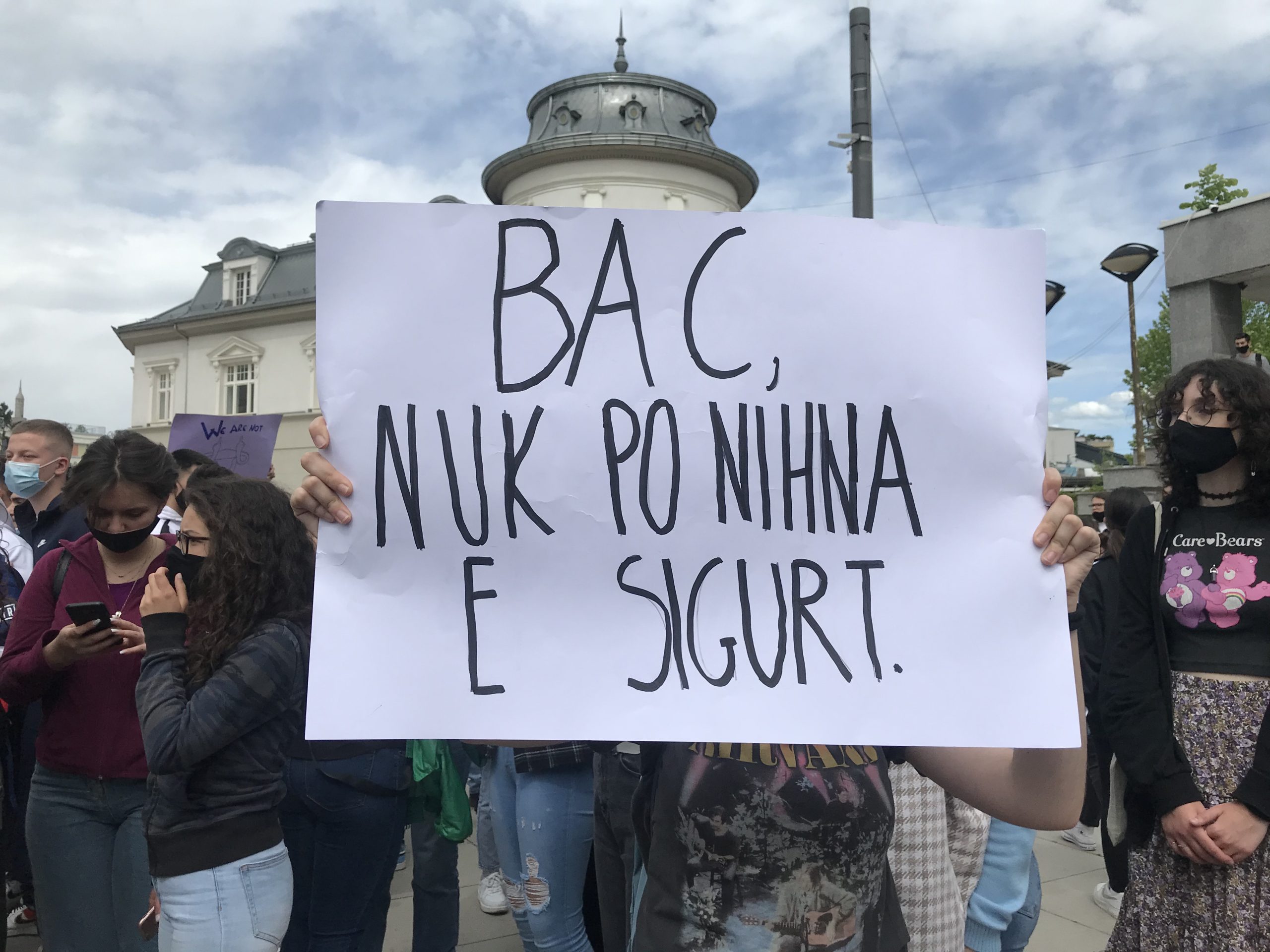
Turkish authorities have stepped up a crackdown on journalists, media and civil society groups that are critical of its Syria policy, after Turkey-backed rebel forces seized power in Damascus.
A court put well-known journalist Ozlem Gurses under house arrest on Sunday following her alleged criticism of Turkish military actions in Syria on her YouTube programme.
Gurses was accused of “insulting the institutions and organs of the state” and of “publicly disseminating misleading information”.
Authorities on Sunday also started investigations into journalist Seyhan Avsar, the T24 independent magazine and the Istanbul Bar Association for “terrorist propaganda”, after they reported that two Kurdish journalists from Turkey were killed in Syria in an alleged Turkish drone strike.
“The individuals and institutions being targeted are journalists and media outlets with opposing voice, and the [Istanbul] Bar Association is known for its stance of supporting democracy,” Orhan Sener Deliormanli, a Turkish media expert, noted.
Sener Deliormanli told BIRN that the government uses this tactic often, defining Turkey as a “semi-democracy”.
“The government sometimes feel the need to gear up and push even harder. This generally happens during or just before the country takes a critical turn politically, and/or a military operation abroad … I believe we might be at the edge of a significant turn and the government probably does not want a strong opposition or a critical press in such a critical moment,” Sener Deliormanli said, referencing Turkey’s policies towards Damascus.
After a 13-year-long civil war, opposition forces led by Hayat Tahrir al-Sham, HTS, recently seized power in Syria. The HTS is considered a terrorist organisation by the US and the EU but Turkey has been supporting it ever since conflict first broke out.
The overthrow of Syrian strongman Bashar al-Assad has been described by many as a triumph for Turkish President Recep Tayyip Erdogan, who backed the armed opposition. However, experts also say that the current situation creates both openings and possible difficulties for Turkey, which has hosted millions of Syrian refugees.

Erdogan’s government is set meanwhile to take a key role in rebuilding Syria, which includes thwarrting the Kurdish statelet in northern Syria in all costs.
On Sunday, seven journalists were arrested following a protest in Istanbul held in memory of journalists Nazim Dastan and Cihan Bilgin, Kurdish journalists from Turkey who were killed in Syria by an alleged Turkish drone strike. During protests held in Van on Friday and in Istanbul on Sunday police detained 64 people in total, including 19 journalists.
Similarly, authorities detained journalist Nevsin Mengu for interviewing Salih Muslim, a Syrian Kurdish leader, on her YouTube channel about developments in Syria following the fall of Assad. The Prosecutor’s Office claimed that the interview contained statements “praising a terrorist organization”.
After the authorities detained Mengu on December 15, she was later released under judicial control measures including an international travel ban. Muslim is the former co-chair of the Democratic Union Party, PYD, in Syria, which Turkey says is the Syrian offshoot of the outlawed Kurdistan Workers’ Party, PKK, and therefore a “terror organisation”.
Sener Deliormanli said the government’s latest actions send an important message. “The government does not want any disruption from anyone. The pressure on those names, therefore, is not limited to them but sends a clear message to anyone who might have anything to say against it,” Sener Deliormanli said.
